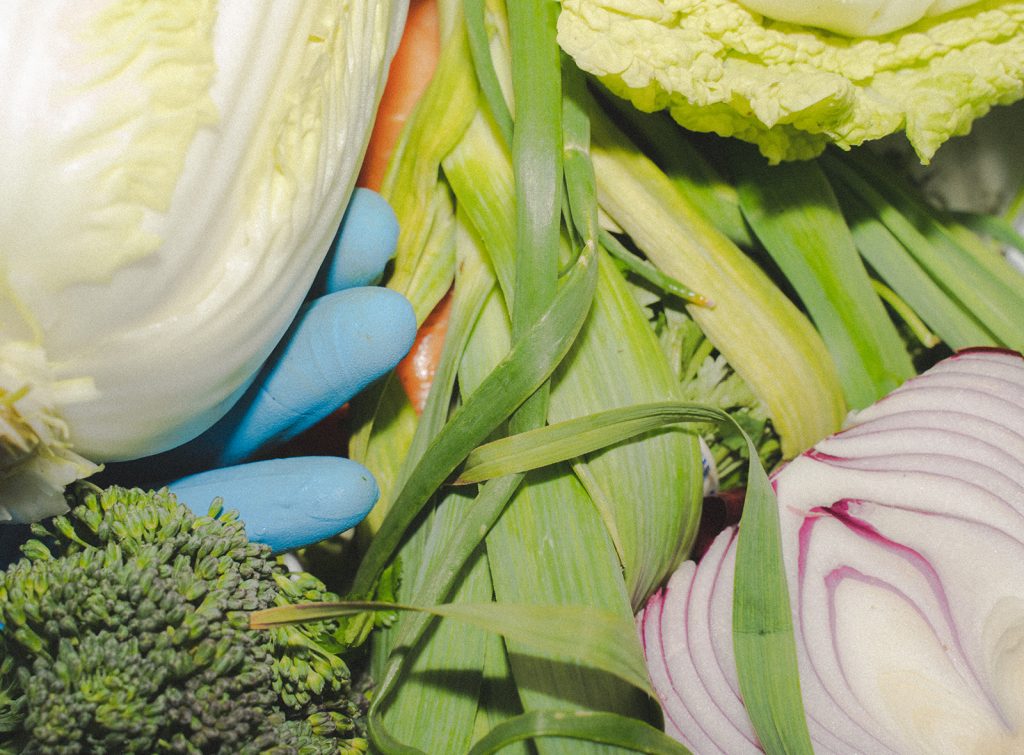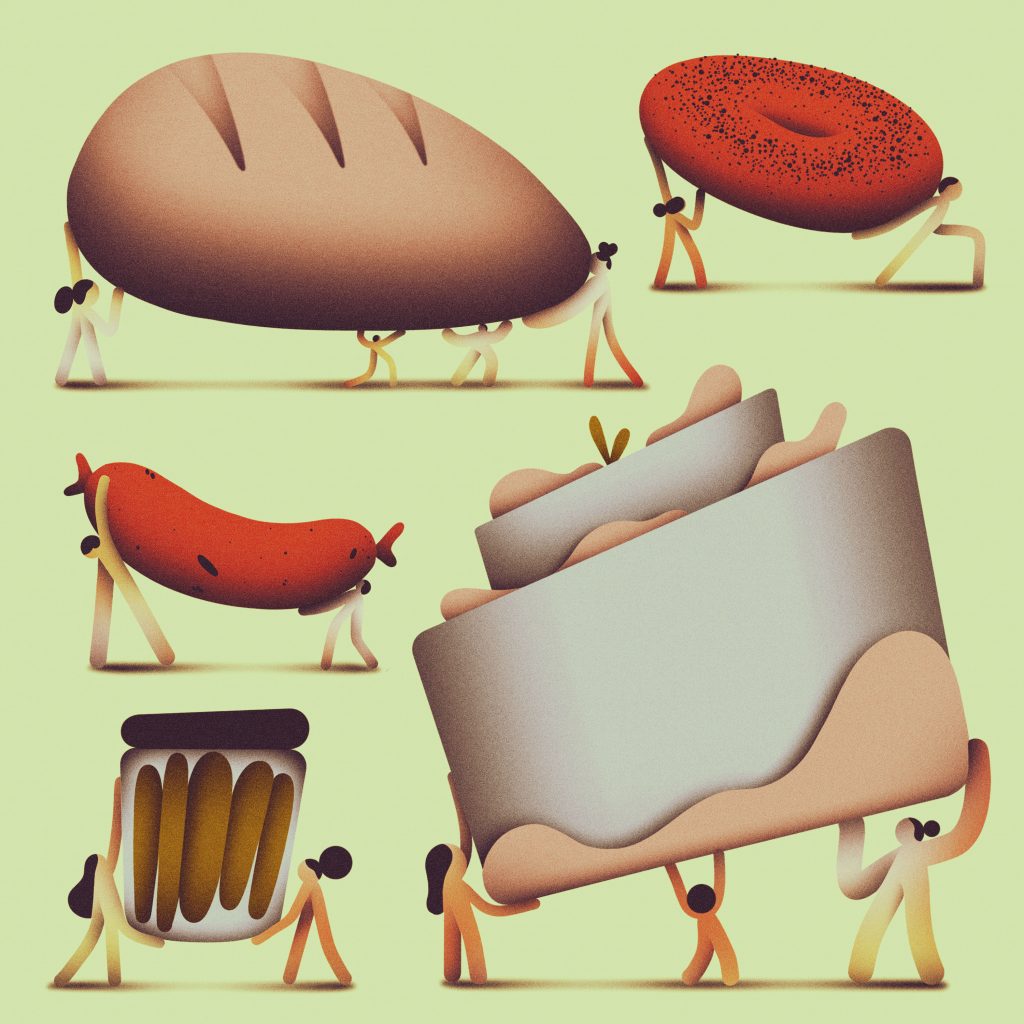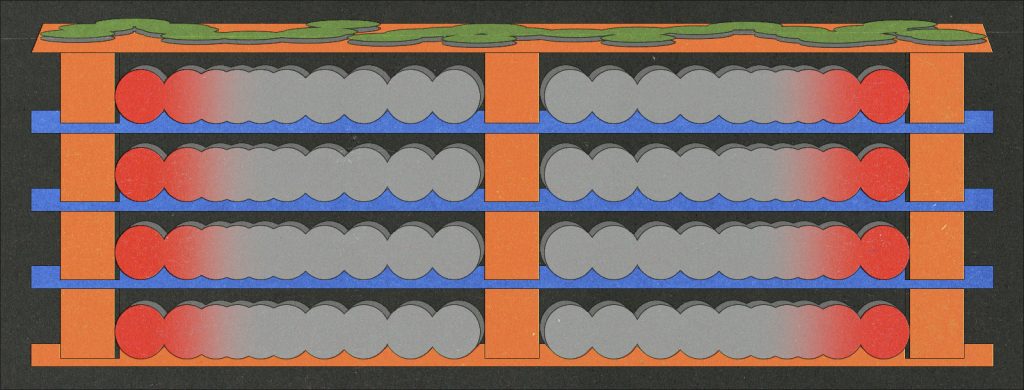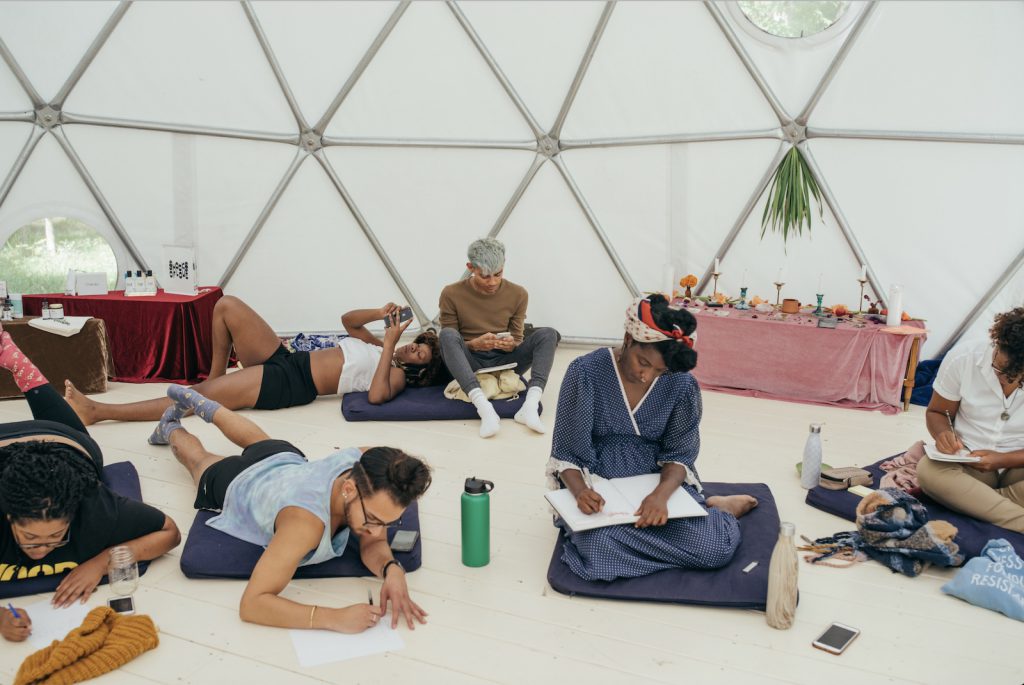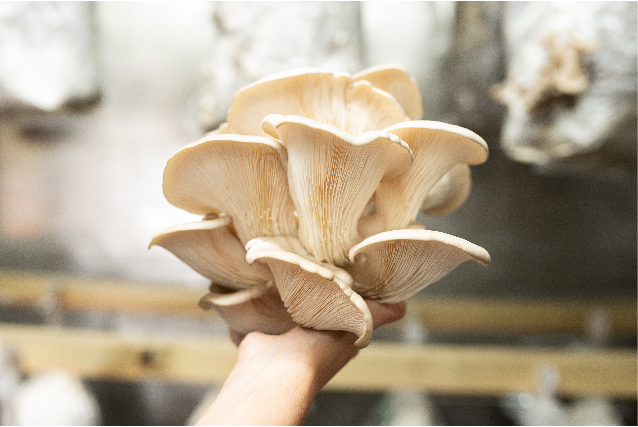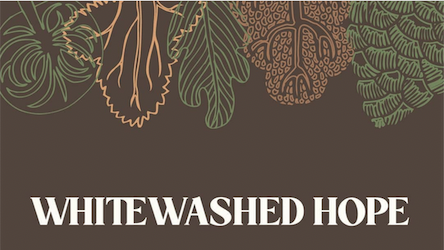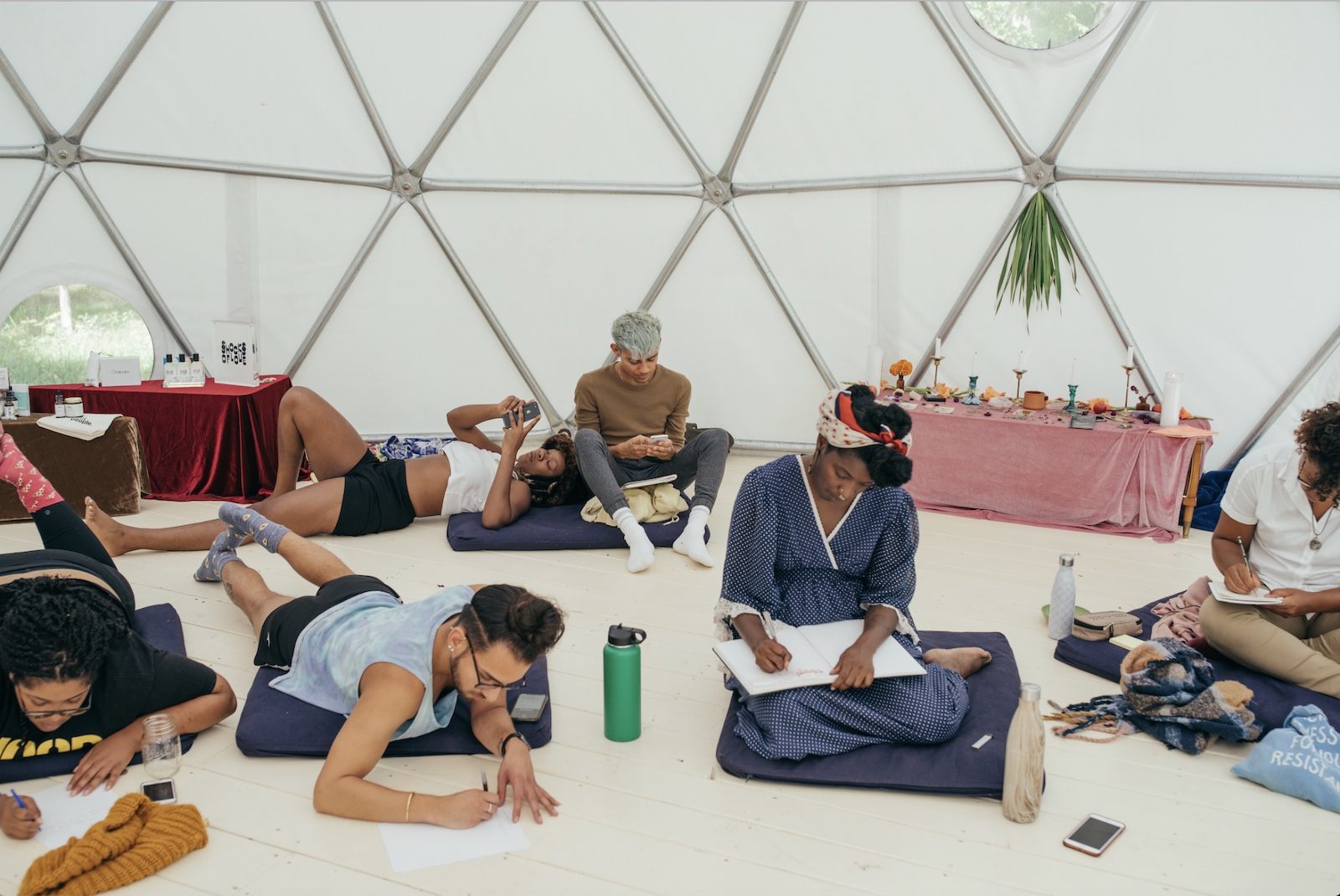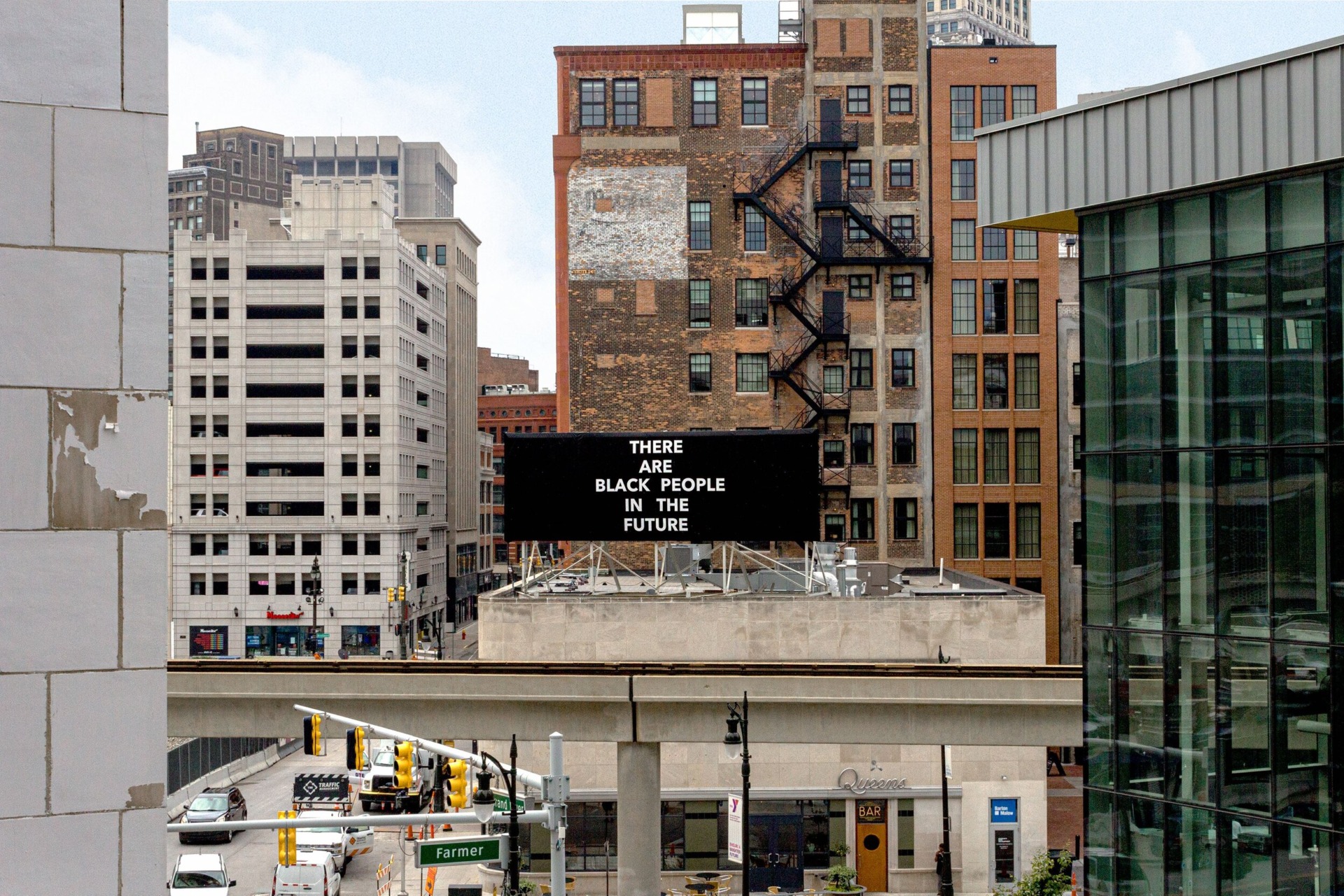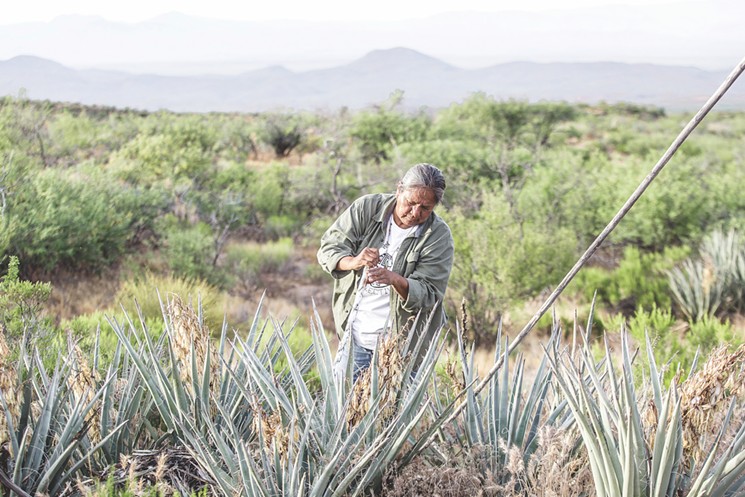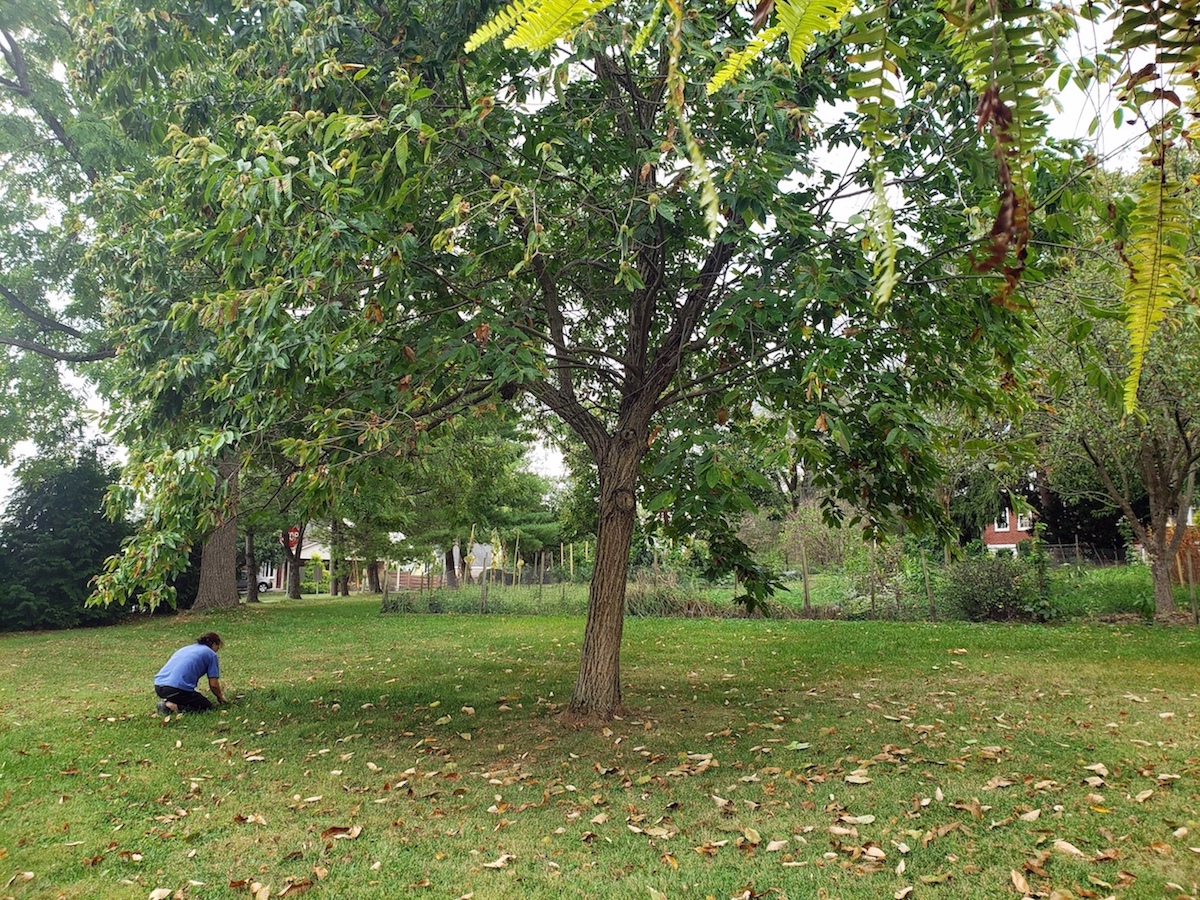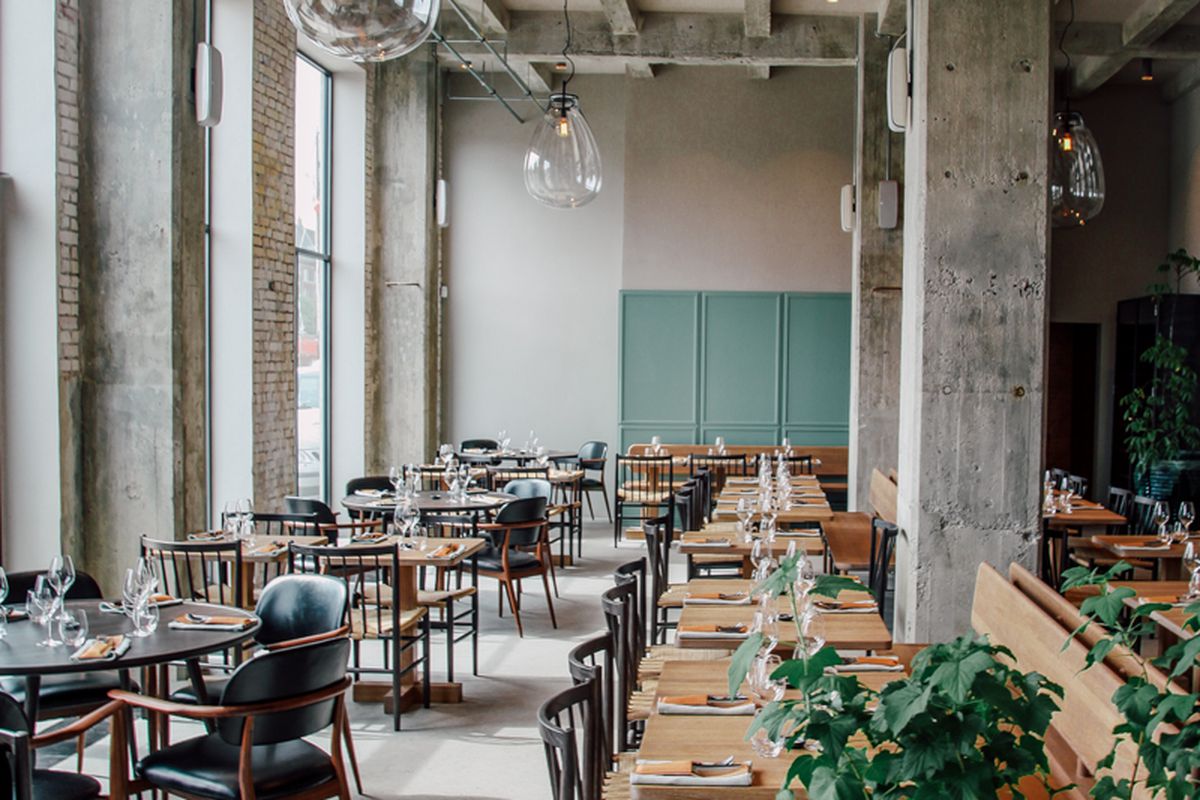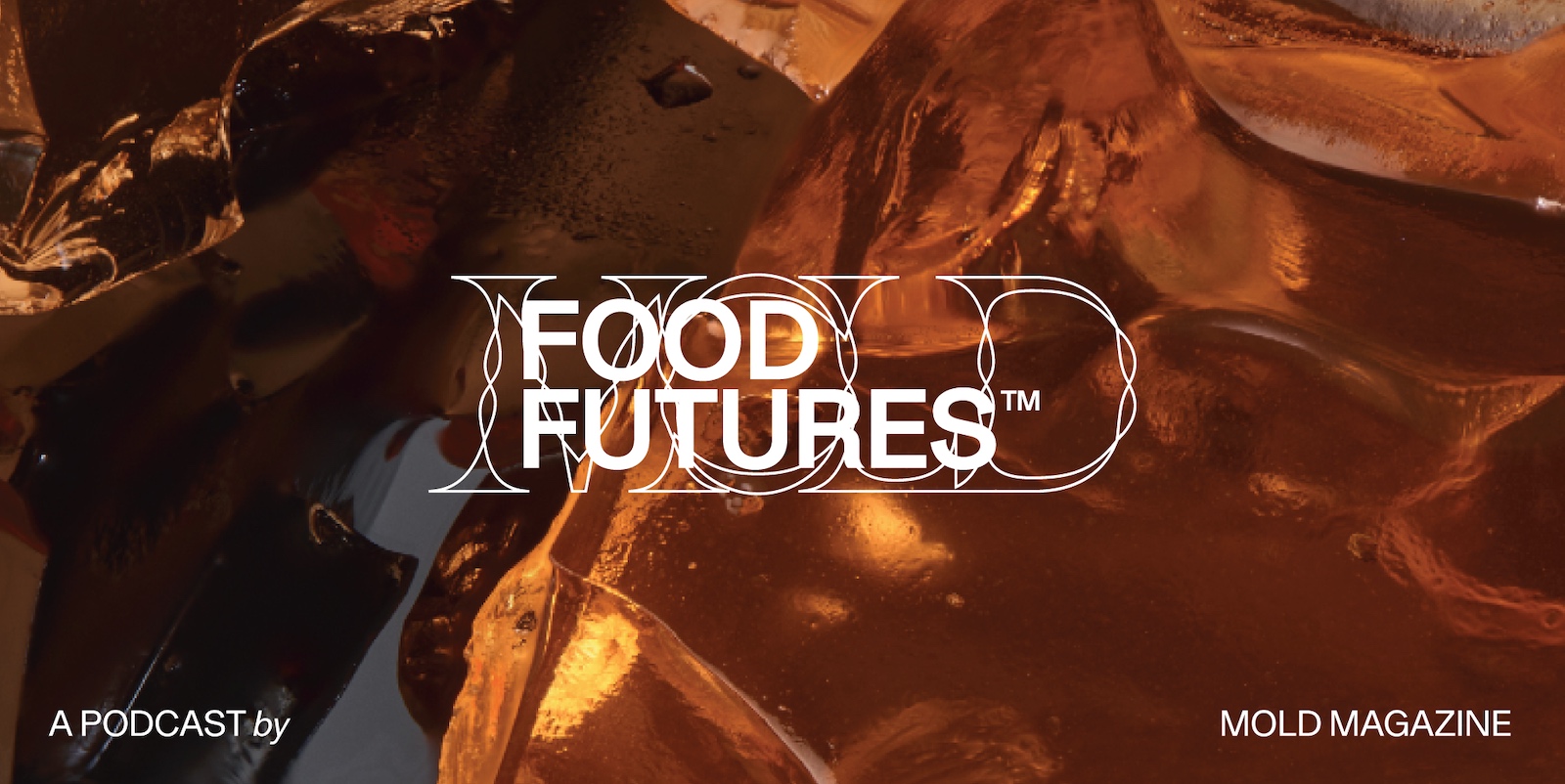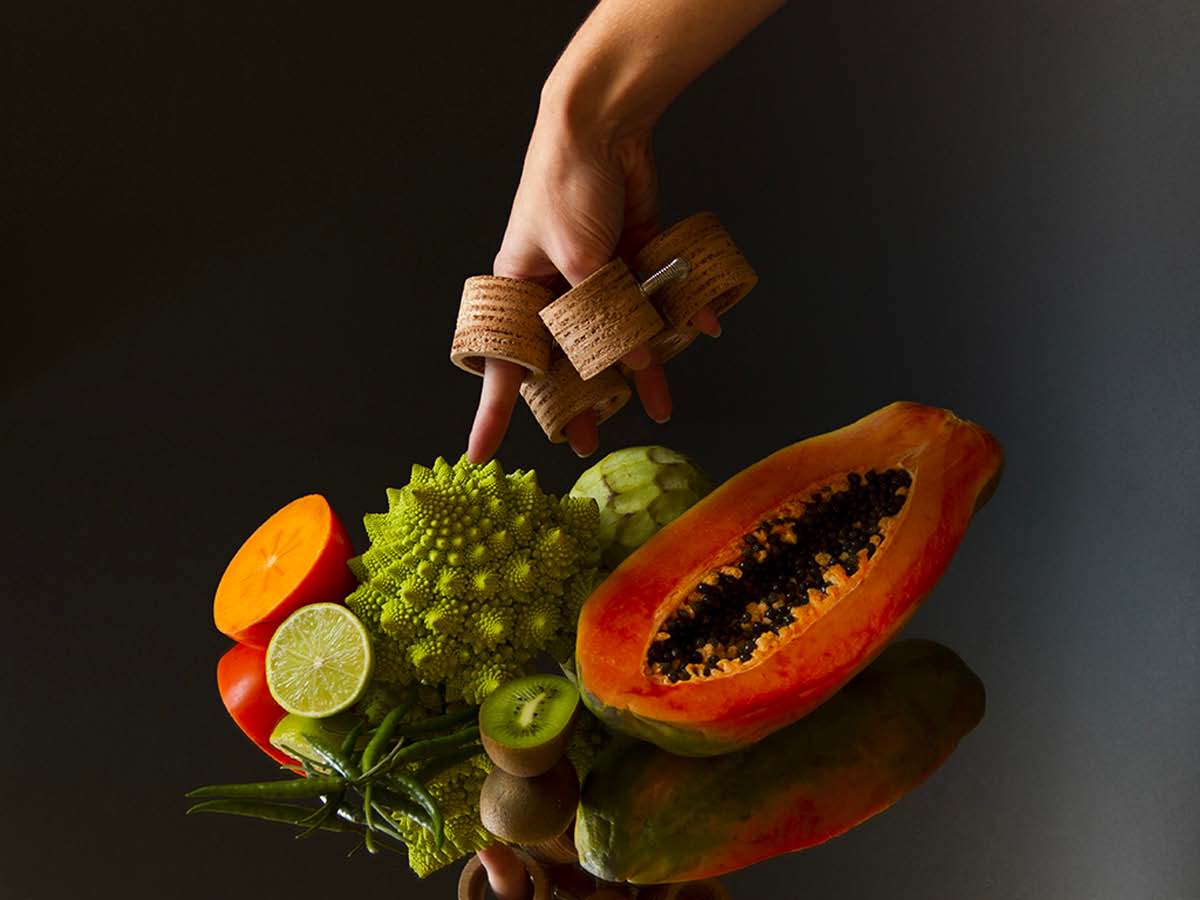In 2021, there was a renewed sense of urgency as we collectively re-evaluated a long-broken economy. Under the pressures of the pandemic and in light of the political movement in 2020, it was made especially clear that the current systems of labor and patterns of consumptions were unsustainable. In response, many turned toward mutual aid, circular food systems, and local agriculture. We’ve selected a few stories that we’ve published this past year documenting initiatives that are imagining new economies centered around community.
As people sought out new models of care, new ways of communicating also arose. In this piece for the Visuality of Mutuality series, Meg Miller surveys the visual language of mutual aid, speaking with the graphic designers behind social media campaigns that helped to place the power of narrative back in the hands of restaurants and chefs during the pandemic.
The act of sharing has always formed the backbone of many food cultures. Here, Corinne Mynatt writes about the many examples of how traditions of sharing (oftentimes a solution in the face of scarcity) in food can contextualize current mutual aid efforts that rely on the sharing and redistribution of resources. As we dream about the possibilities that the future can hold, this essay serves as a reminder that sometimes the answers lay in our shared past. Part of the Social Synergies series.
A community-centered food system requires a reimagination of our current system on every level. Star Route Farm, an organic farm in Upstate New York, has done just that, shifting all of its production toward mutual aid under the belief that everyone ought to have access to fresh, delicious produce. In this piece for our series on Degrowth, MOLD speaks with Star Route’s farmers about the transition into full-time mutual aid production and about farming as an artistic practice.
Early this winter we visited Daughter, a coffee shop in Crown Heights, Brooklyn as it prepared to open its doors. The cafe, which was founded upon community-centered values, has embedded mutual aid into its business model, promising to donate a portion of every quarter’s profits to local organizations. Since the publishing of this piece, Daughter has quickly become a community establishment, hosting food pop-ups, readings, fundraisers and a meal contribution initiative with a local women’s facility, the Anchor House.
A great place to start when building new systems based on keeping money circulating within communities for the benefit of those communities. A read through Lo Alalay’s Subject to Change series gives examples of chefs and activists working to do just that here in Brooklyn and beyond.
Julia Georgalis travels to the Portuguese neighborhood of Marvila on the outskirts of Lisbon to visit Nam, a mushroom farm leading a city-wide movement towards more sustainable eating. Lisbon’s first circular farm, Nam builds off of Portugal’s coffee-culture, partnering with the company’s neighbors, Delta coffee, to recycle coffee grounds as mycelium substrate.

